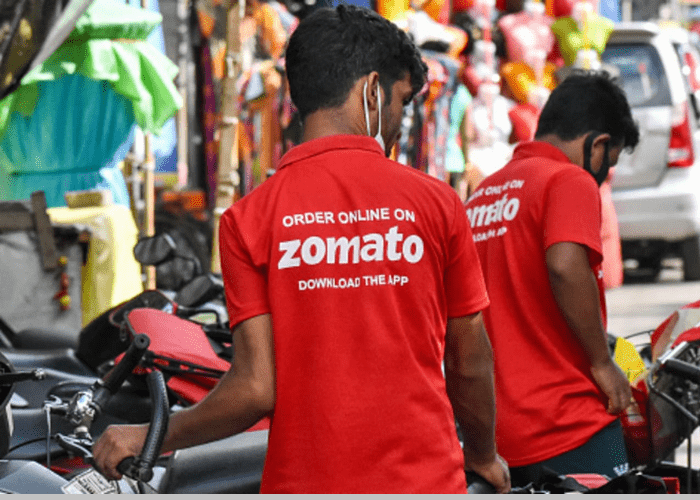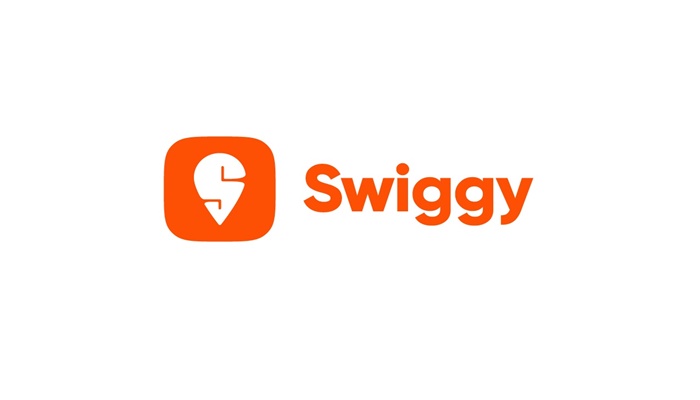Indian candidates are preparing for interviews, and how! They are embracing artificial intelligence or AI-driven tools to access realistic interview simulations, instant performance feedback, and personalised improvement tips to build interview confidence. And how do we know this? From the data released by Apna.co, the Indian jobs platform, which has launched a new AI-powered interview prep tool designed to close the preparation gap in the country’s job market.
Apna’s Interview Readiness Index 2025 had revealed earlier that only 32 per cent of Indian job seekers feel prepared for interviews — with confidence levels dropping even further among youth, freshers and candidates from Tier-2 and Tier-3 towns.
That Indian youth are increasingly seeking smarter, tech-enabled ways of interview preparation is very clear. Data shows that more than 7.6 lakh AI interviews have been completed on the platform, across 900+ cities, logging more than 39 lakh minutes of interviews!
Such tools allow candidates access AI interviews for thousands of job roles across thousands of top companies, featuring questions tailored to specific companies and specific job profiles, including both behavioural and technical rounds.
Among the most prepped roles were those of software developers, product managers, data analysts, accountants, digital maketers and sales personnel. In fact, tech roles accounted for 42 per cent of total interviews, while 58 per cent came from non-tech sectors such as retail, logistics, and BFSI. That means the tool is growing more and more relevant across a range of industries. Data shows that Google, Tesla, Swiggy, Microsoft, Jio and Flipkart are amongst the most preferred employers among job seekers.
Maximum adoption of AI tools is seen in metro cities such as Delhi, Mumbai, Bengaluru, Hyderabad and Chennai — accounting for 44 per cent of total interviews. Non-metros such as Jaipur, Lucknow and Patna showed strong and growing momentum, indicating an increase in digital fluency beyond urban centres.
While Gen Z (18–24 years) emerged as the most active user group, contributing 58 per cent of total interviews, Millennials (25–30 years) followed at 27 per cent. This means structured interview preparation is sought after by early-career professionals. More men (76 per cent) used these prep tools than women (24 per cent).




















